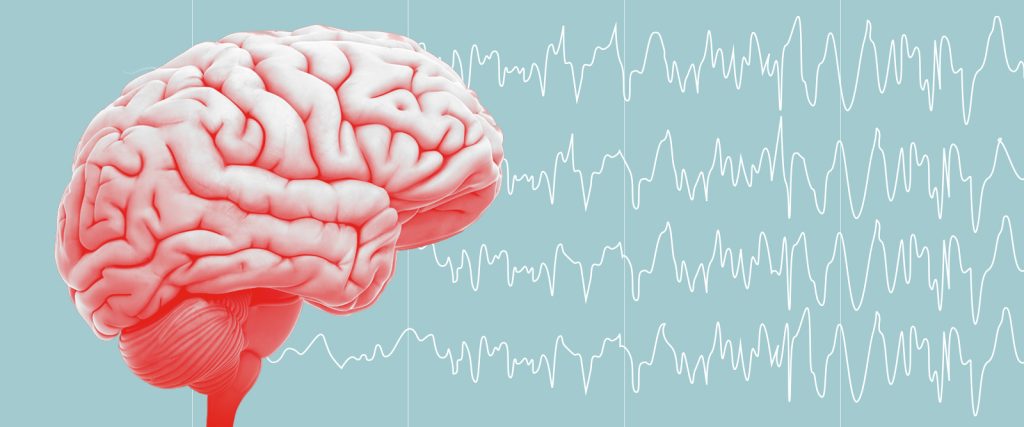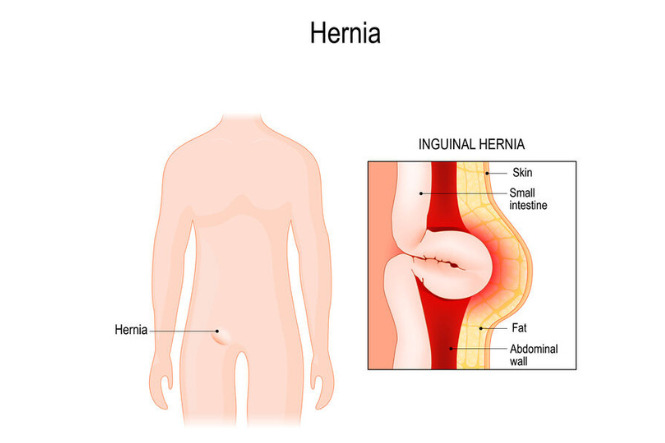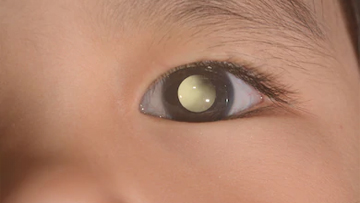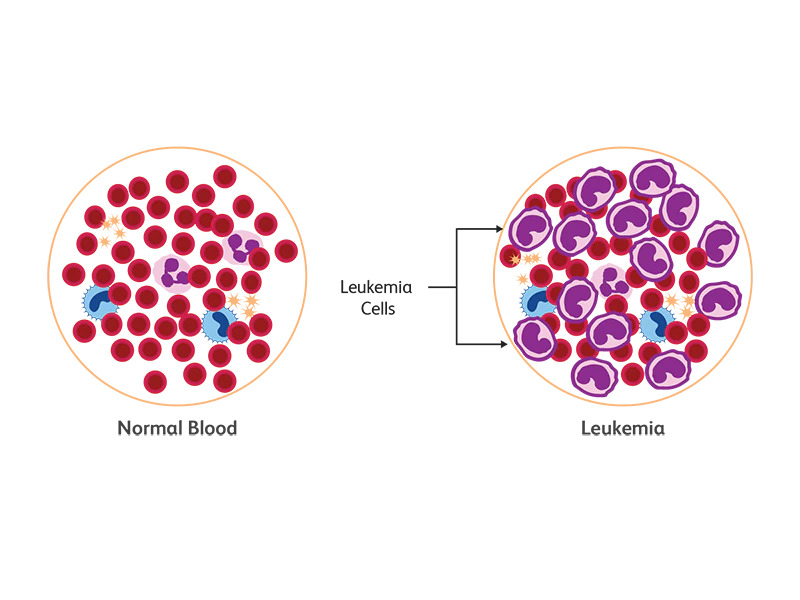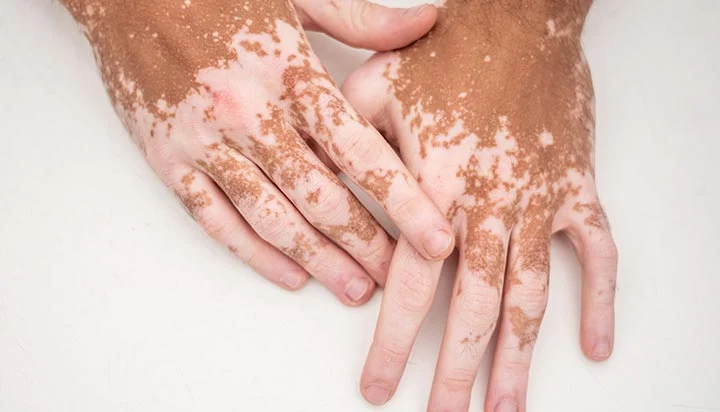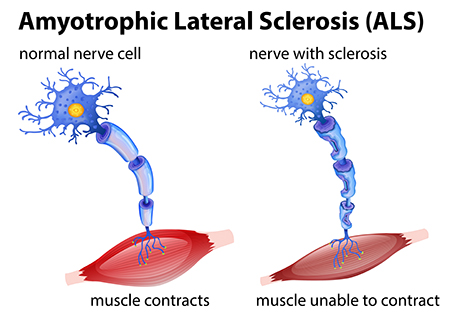What are the threatening symptoms & treatment of Smallpox?
What is Smallpox?
The virus that causes smallpox is very contagious, fatal, and has no known treatment. This disease has been totally eradicated thanks to global immunisation campaigns; the last reported case occurred in the United States in 1949. Variola is another name for smallpox.
One of the most deadly diseases to affect people since ancient Egypt has been smallpox. Our history books are full of smallpox epidemics that spread far and resulted in significant death tolls.
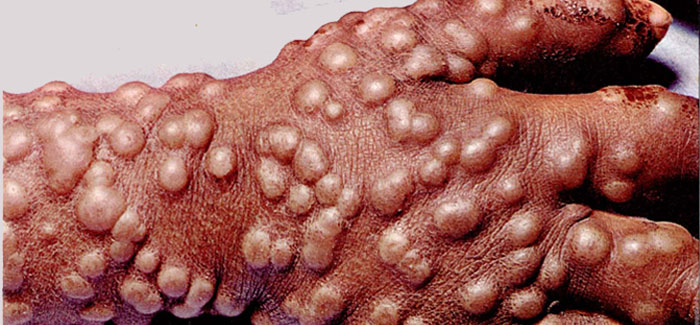
In 1758, the first smallpox vaccine was developed. However, the illness persisted for an additional 200 years, infecting and killing a lot of people. To reduce the risk of infection, the World Health Organization (WHO) put in place a stringent vaccine requirement.
Does smallpox still exist?
The only contagious disease that people have successfully eradicated is smallpox. The variola virus is still present in a few safe labs, but they are the only known surviving samples. The variola virus does not exist among humans. The first successful vaccine in the history of the globe helped people eradicate smallpox.
A British physician by the name of Edward Jenner noticed that milkmaids who had already had cowpox did not develop smallpox at the end of the 18th century. He concluded from this that exposure to the milder orthopoxvirus that causes cowpox could shield people from the more serious illness.
Although he developed the first vaccination in 1796, it took a while before people started using it. Many people feared the vaccine and lacked confidence in its safety. However, as time went on, researchers enhanced the vaccination, and people became more accustomed to this preventative measure.
Instead of utilising cowpox as the viral agent in this form of inoculation, researchers began employing an orthopoxvirus known as vaccinia in 1900. The World Health Organization (WHO) began a global campaign of mass vaccinations in 1959 in an effort to end the illness.
Smallpox was last reported in a natural setting in 1977, and the WHO declared it extinct in 1980.
Types of Smallpox
Smallpox came in two common and two uncommon varieties. Variola minor and variola major were the names for the two prevalent forms.
Smallpox with variola minor had a lower mortality rate. Only 1% of people who contracted the disease, according to the Centers for Disease Control and Prevention (CDC), perished. It was less frequent than variola major however.
According to the CDC, variola major caused 90 percent of smallpox cases. Historically, 30% of persons who contracted this kind of smallpox died. Hemorrhagic and malignant smallpox were the two uncommon subtypes. These two extremely uncommon types of smallpox had a very high death rate.
Organs began to leak blood into the skin and mucous membranes as a result of hemorrhagic smallpox. Lesions from malignant smallpox did not grow into pustules or lumps with pus on the skin. Instead, throughout the entire illness, they stayed flat and squishy.
How Do You Catch Smallpox?
The fact that smallpox is an airborne illness is one of the reasons it was so deadly and hazardous. Airborne illnesses frequently spread quickly.
The smallpox virus can be spread through coughing, sneezing, or direct contact with any bodily fluids. Sharing contaminated beds or clothing could also spread an infection.
Symptoms of Smallpox
According to historical records, a person with smallpox did not exhibit any symptoms for seven to 17 days after contracting the virus. The following flu-like symptoms manifested after the incubation period (or virus development phase), though:
- acute fever
- chills
- headache
- bad back pain
- abdomen ache
- vomiting
Two to three days would pass before these symptoms disappeared. The patient will feel better after that. A rash would, however, develop just as the patient’s condition began to improve. The rash first appeared on the face, then moved to the hands, forearms, and major body area. The individual would be extremely contagious until the rash cleared up.
The rash will turn into pus- and fluid-filled abscesses two days after it first appeared. The abscesses would scab up after breaking open. The pit mark scars would gradually fall off the scabs. The person was infectious up until the scabs came off.
Treatment for Smallpox
The smallpox virus cannot be cured. The variola virus (smallpox) has been fully eliminated as a result of extensive, repetitive vaccination campaigns conducted worldwide. The only individuals thought to be at danger for contracting smallpox are scientists who work with it in a lab setting.
Vaccination within one to three days of exposure to the smallpox virus can lessen the severity of the sickness in the unusual case that it does arise. Additionally, medications can lessen the bacterial infections brought on by the virus.
REFERENCES:
- https://www.healthline.com/health/smallpox
- https://www.mayoclinic.org/diseases-conditions/smallpox/symptoms-causes/syc-20353027
- https://www.cdc.gov/smallpox/about/index.html
- https://www.webmd.com/a-to-z-guides/smallpox-causes-treatment
- https://www.medicalnewstoday.com/articles/smallpox
For more details, kindly visit below.
